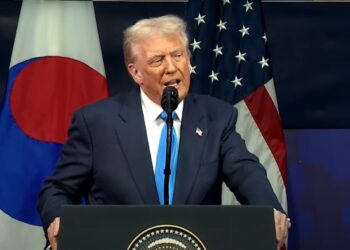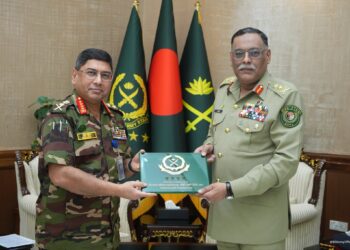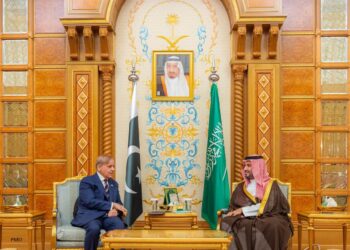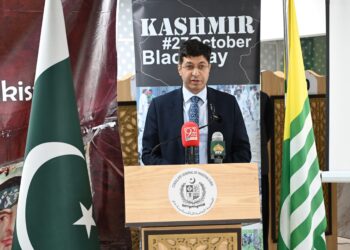Sahir Baloch
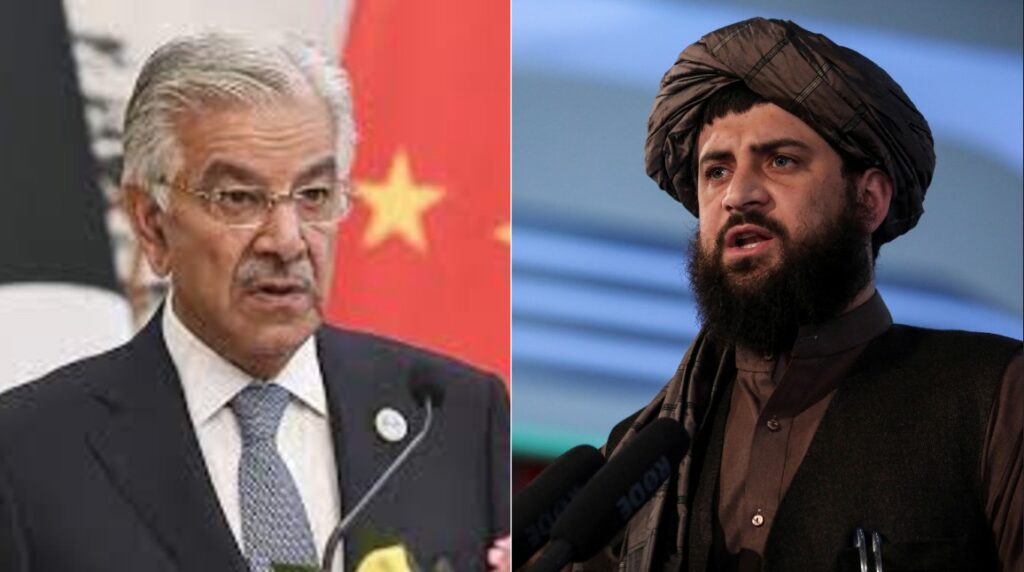
Istanbul: Pakistan’s Information Minister Attaullah Tarar confirmed early Wednesday that the latest round of peace talks between Islamabad and Kabul in Istanbul had “failed to bring about any workable solution,” despite mediation efforts by Turkiye and Qatar.
The dialogue, aimed at curbing cross-border terrorism emanating from Afghan soil, followed weeks of border clashes and retaliatory strikes by Pakistan on militant hideouts in Afghanistan. The talks were an extension of earlier negotiations held in Doha, which resulted in a brief ceasefire and a commitment to reconvene in Istanbul.
Tarar said Pakistan had repeatedly urged the Afghan Taliban to act against groups like the banned Tehreek-i-Taliban Pakistan (TTP), which Islamabad blames for a surge in cross-border attacks. “Pakistan’s efforts proved futile due to the Afghan Taliban regime’s continued support for anti-Pakistan terrorists,” he stated on social media platform X.
The minister said Islamabad had presented “irrefutable evidence” to the Taliban delegation, which was acknowledged by both Kabul and the mediators, but “no credible assurances” were provided.
Defence Minister Khawaja Asif, speaking to reporters later, accused the Taliban leadership of sabotaging the process under “Delhi’s influence,” alleging that negotiators in Istanbul repeatedly withdrew from near-agreements after consulting officials in Kabul. “Whenever an agreement was close, Kabul intervened and pulled back,” he said.
Asif warned that Pakistan would “strike deep into Afghanistan” if terrorist attacks continued from Afghan territory. “If they violate our borders, we will respond — and if necessary, go deep inside Afghanistan,” he declared.
The defence minister accused India of using Afghanistan as a base for a “proxy war” against Pakistan. “Kabul is a tool for Delhi,” he said, adding that Pakistan’s restraint should not be mistaken for weakness.
Despite the breakdown, Turkish and Qatari mediators reportedly pressed both sides to remain engaged. Diplomatic sources said Afghan negotiators “shifted their stance multiple times” due to internal divisions between Taliban factions based in Kabul, Kandahar, and Khost.
In response, Suhail Shaheen, head of the Taliban’s political office in Doha, said another round of talks should take place. “It is rare that any final agreement is reached in just one sitting,” he said, expressing hope for further dialogue.
Meanwhile, the United Nations expressed concern over the breakdown of negotiations, urging both sides to avoid renewed hostilities. “We very much hope that even if talks are on pause, fighting will not resume,” UN spokesperson Stéphane Dujarric said in New York.
Pakistan maintains that peace can only be achieved if the Taliban act decisively against militants using Afghan soil to launch attacks. “The security of our people is paramount,” Tarar said. “Pakistan will continue to employ all resources necessary to protect its citizens and decimate terrorist networks.”

